80 years ago today is when World War II: Rostov-on-Don, Russia is liberated.
80 years ago today is when World War II: Rostov-on-Don, Russia is liberated.
Rostov-on-Don is a port city and the administrative centre of Rostov Oblast and the Southern Federal District of Russia. It lies in the southeastern part of the East European Plain on the Don River, 32 kilometers (20 mi) from the Sea of Azov, directly north of the North Caucasus.
The southwestern suburbs of the city lie above the Don river delta. Rostov-on-Don has a population of over one million people, and is an important cultural centre of Southern Russia.
During World War I Rostov-on-Don was briefly occupied by the Germans and Austrians, during 1918.
During the Russian Civil War, the Whites and the Reds contested Rostov-on-Don, then the most heavily industrialized city of South Russia. By 1928, the regional government had moved from the old Cossack capital of Novocherkassk to Rostov-on-Don.
In the Soviet years, the Bolsheviks demolished two of Rostov-on-Don's principal landmarks: St. Alexander Nevsky Cathedral (1908) and St. George Cathedral (1783–1807).
During World War II, German forces occupied Rostov-on-Don, at first from 19/20 November 1941 to 2 December 1941, after attacks by the German First Panzer Army in the Battle of Rostov and then for seven months from 24 July 1942 to 14 February 1943.
The town was of strategic importance as a railway junction and a river port accessing the Caucasus, a region rich in oil and minerals. It took ten years to restore the city from the damage during World War II.
In 1942 up to 30,000 Russian Jews were massacred by the German military in Rostov-on-Don at a site called Zmievskaya Balka.
The liberation
80 years ago (14 February 1943), the Red Army liberated the southern Russian city of Rostov-on-Don from the Nazis.
Rostov was one of the first large cities which the the overextended Germans had been forced to yield back to Soviet control on 29 November 1941.
However, they were able to seize it again on 23 July 1942 in the course of their summer offensive towards the Caucuses. After a seventh month occupation, the Wehrmacht was forced to evacuate Rostov for good on 14 February 1943.
During this six-month German occupation, over 40,000 of the city's inhabitants were killed (including 27,000 Jews) and over 50,000 deported to the west as forced laborers.
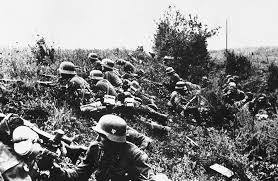


.jpg)
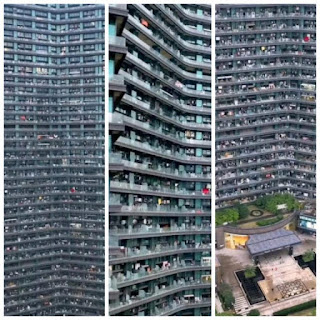
.jpeg)

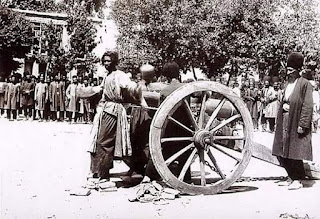

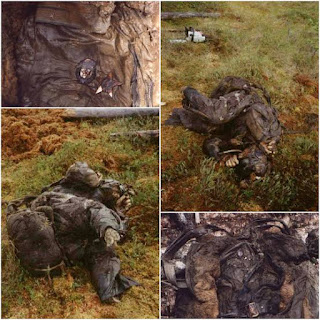
.jpeg)
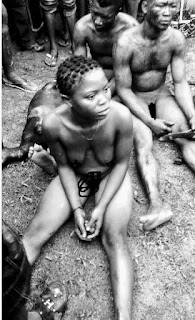
Comments
Post a Comment